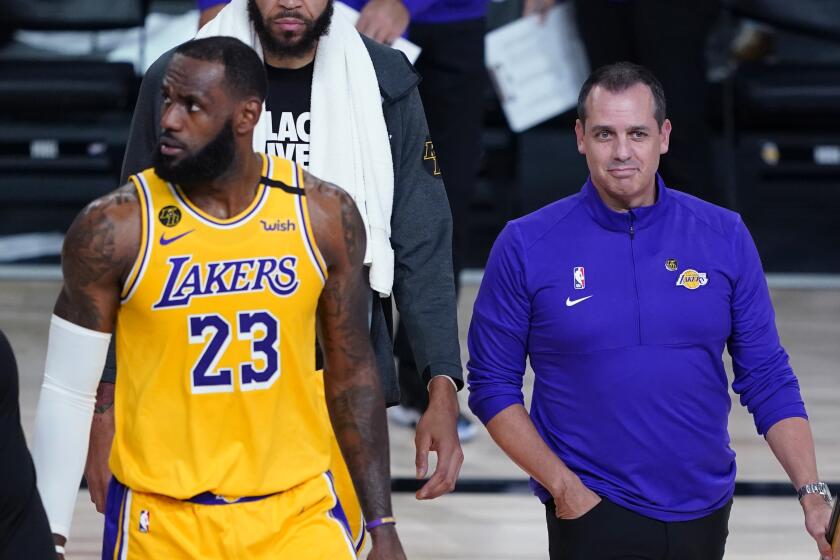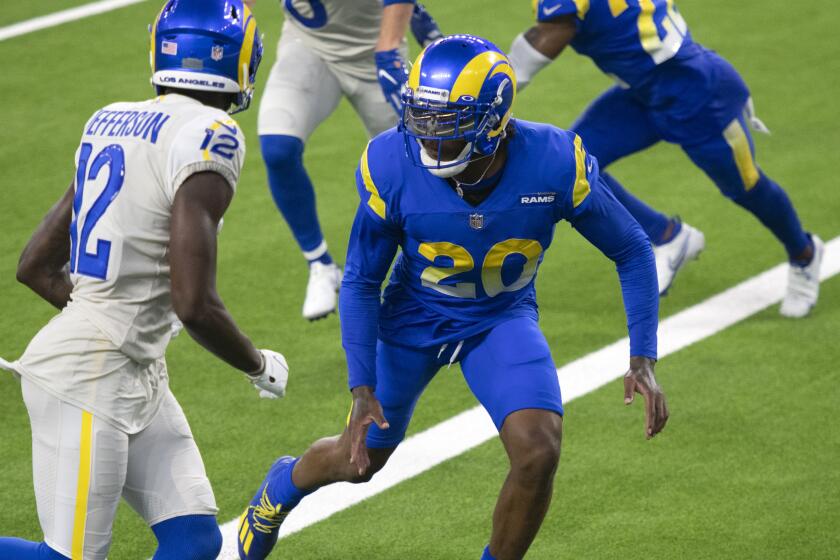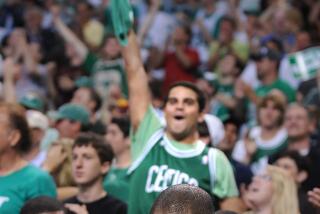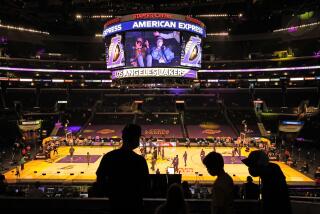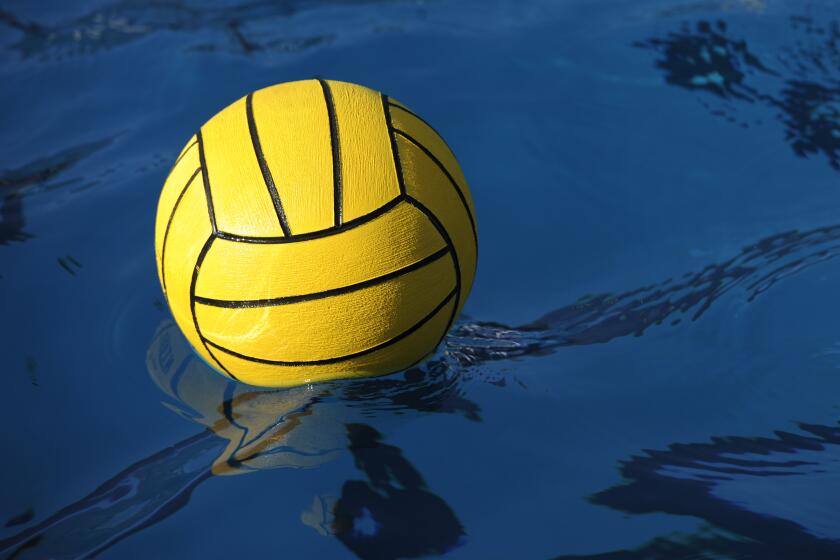Column: Success of Lakers, Clippers and Dodgers bittersweet for L.A. fans shut out
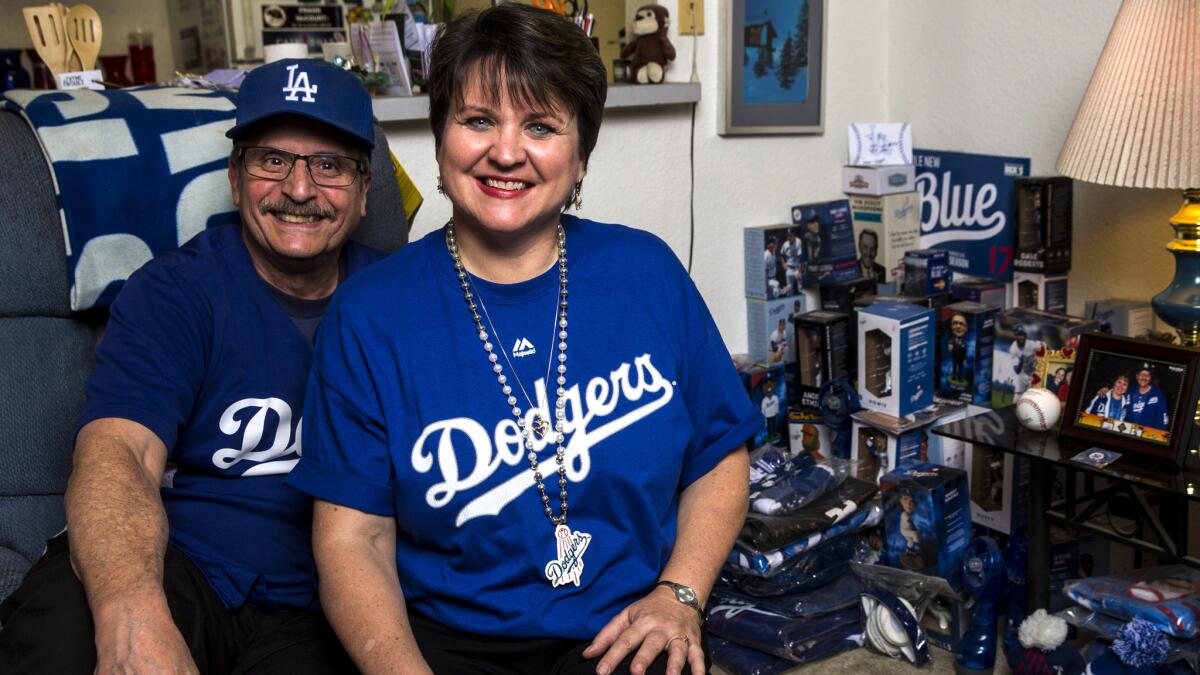
If a sports championship is won by a city and no one is around to hear it, does it make a sound?
How about two championships?
At the end of this endless awful summer, these are the questions facing the bewitched, befuddled, lonely Los Angeles fan.
On the threshold of what could be the greatest month in this city’s sports history, they don’t know whether to cheer or cry.
They’ve never had it so good, yet they’ve never had it so bad.
The Lakers and Clippers are the two favorites to win an NBA championship. Yet if it happens, it will happen 2,500 miles from here in an empty arena in central Florida, their diehard supporters unable to witness, celebrate, or in any way participate.
“After enduring all those years of Clipper heartbreak, heartache, suffering … to not be able to share in their title would be almost worse,” said Robin Salzer, a Clippers season ticketholder since they moved here in 1984.
Then there are the Dodgers, who have the best record in the baseball and are favorites to win their first World Series championship since 1988. Yet they will probably have to do so in an empty ballpark in Texas, under the quiet of quarantine, accessible to only to spectators made of cardboard.
When the Lakers and Houston Rockets meet in Game 1 of their second-round playoff series, each team will try to force the other to adapt to their style of play.
“It’s bittersweet,” said Bill Snoberger, a longtime Dodgers season ticketholder with partner Mary Jones. “The year our team could finally win it all, we’re not going to be part of it.”
As everyone interviewed for this column pointedly acknowledged, the shutdown of sports fans is the absolute least of the problems caused by the pandemic. Yet it nonetheless remains another cruel twist. During a time when Los Angeles sports teams have never been more dominant, they’ve never seemed more invisible.
The Lakers and Clippers are one series away from playing each other in the Western Conference finals in what should be the series of a lifetime and a memorable jewel of this city’s sports landscape. Instead, with their shared Staples Center hallway empty and their battle occurring three time zones away, the impending duel is playing out like a made-for-TV movie. It will be fun to watch, but there’s little human connection.
“Driving around town during the playoffs, you’ve always seen Laker flags, Laker T-shirts, Laker hoopla,” said Norm Pattiz, a longtime Lakers courtside occupant. “Now all of that is missing. We’re grateful for what we have, but nobody can compare it to the real thing.”
The Dodgers, meanwhile, are finally on citywide television screens and creating nightly drama with a booming offense, dominant pitching, and constant incredulity from this city’s newest star, Mookie Betts. Yet their triumphs are cloaked in stony silence, their stadium filled with fake people, and not once this season has any large gathering chanted, “Mooookie!”
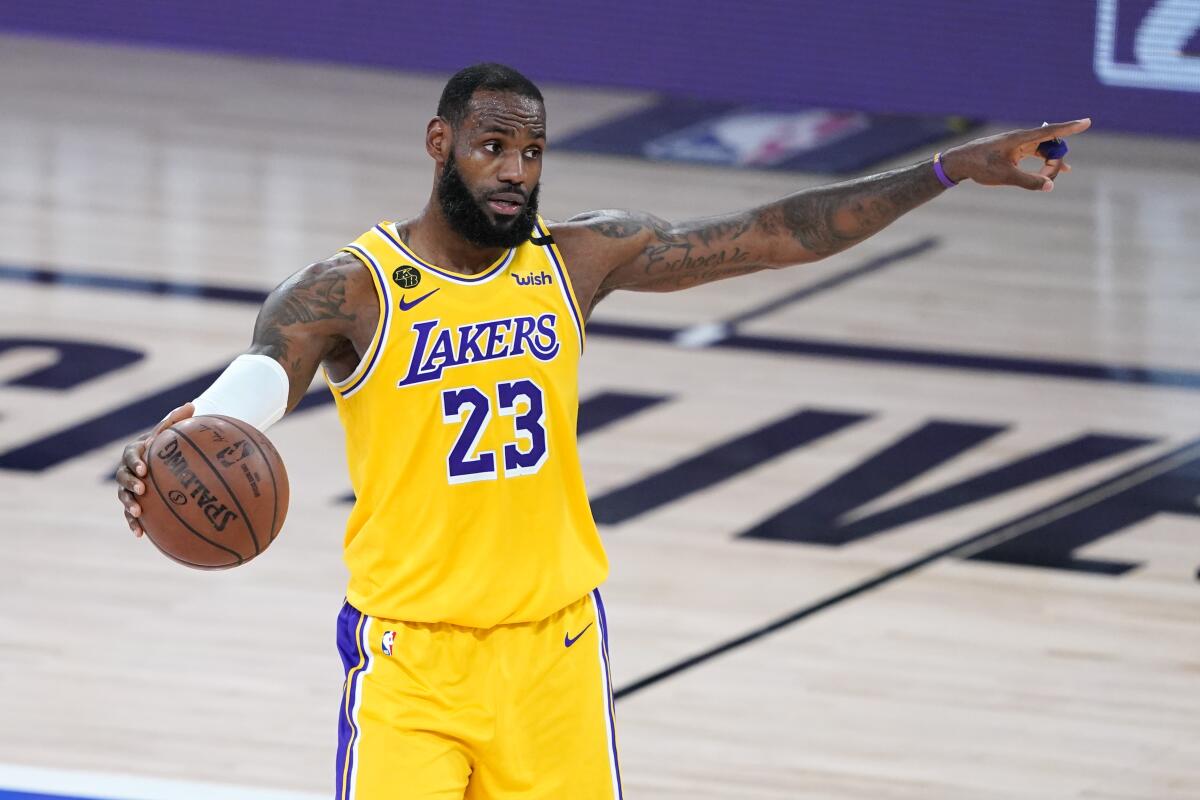
”Any other year at this time, there’s two million Dodger fans running around the city talking about them,” Snoberger said. “Not this year. There’s not that buzz. If I want talk about them to my friends, I’m the one who has to bring it up.”
This should be a summer of sports at its best, a shared experience, Lakers and Clippers fans shouting at each other in crowded sports bars, Dodgers fans embracing each other in outfield pavilions, constant chatter over office water coolers, the buzz growing daily and eventually draping the city in a familiar championship sheen.
But sports bars are limited, offices are half-empty, watch parties are almost extinct, large gatherings anywhere are rare, and nobody is talking smack through a mask.
For 36 years, Salzer has reveled in a resilient Clippers experience that early this year resulted in Staples Center nights filled with hugs and high-fives. But now that his team is finally approaching the pinnacle, Salzer watches alone from his bedroom, munching on homemade popcorn with nowhere to turn.
“The Clippers make a great play and there’s nobody to high-five, no camaraderie, no cheering,” he said. “The only thing I slap is my knee.”
And if, dare say, the Clippers actually win an NBA championship?
“I’ve been around since the days of Benoit Benjamin, and it’s going to be heart-wrenching not to be able to finally reach the mountaintop with the team,” he said with a sigh. “I guess I’ll just go outside and scream, scare the hell out of coyotes.”
There should be no asterisk on either championship, the NBA and MLB winners having leaped unimaginable hurdles to get there and deserving of unconditional praise.
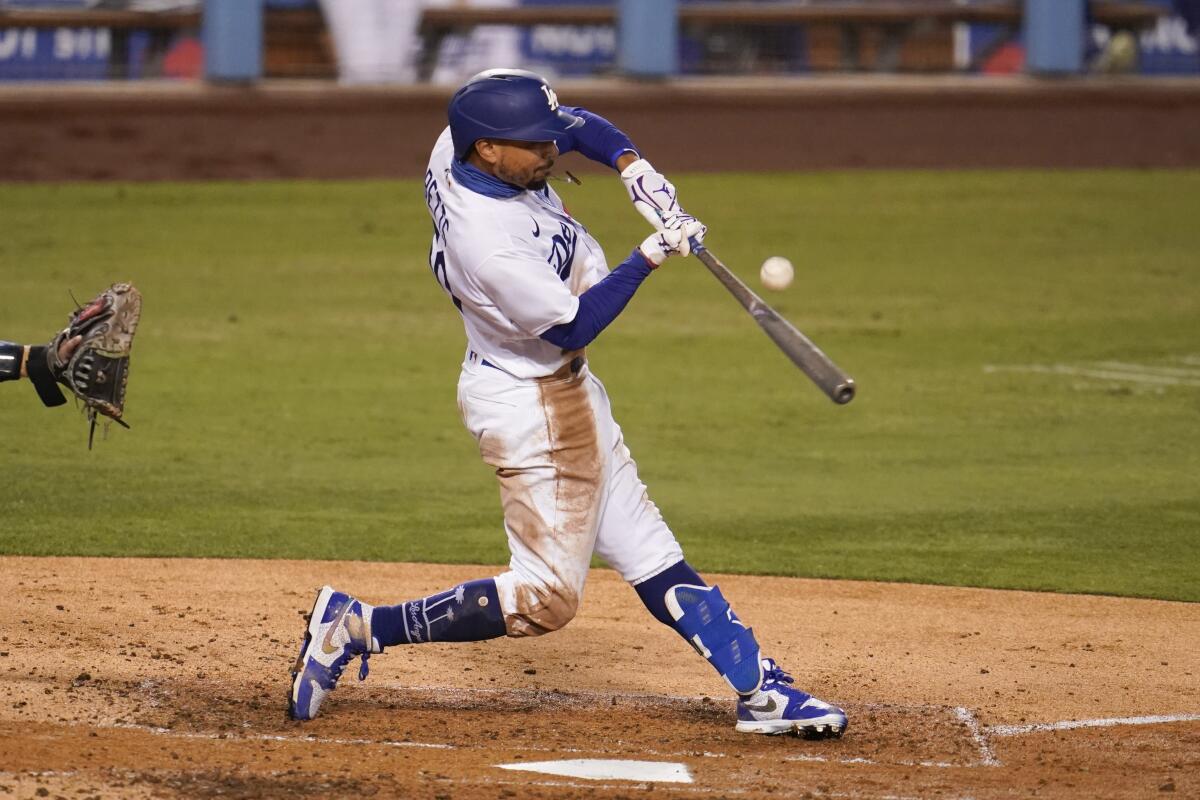
However, there will be an asterisk on the heart, affixed to a city full of fans realizing their worst fears of missing out.
“The feeling of hugging somebody after a walk-off hit, there’s nothing better than that,” Jones said. “We’re not going to have that this year, and it’s just a shame.”
The empty stands and canned cheering on TV broadcasts are weird, but you get used to them. The sight of late-game heroics accompanied by silence is unsettling, but they’re still heroics.
What drains the excitement from the experience is an often-ignored truth: Sports are not only about the athletes, they’re about all of us. They’re not only about the games, they’re about those who come together to cheer them and boo them and even weep over them. Sports are not about scores, they’re about communities, and about providing a common fabric that can be furiously clutched and nervously squeezed and triumphantly waved by everyone.
Since the novel coronavirus has made this bonding nearly impossible, even though the games have restarted and chugging along, sports just haven’t been sports.
“It feels like a facsimile, a Xerox copy, a clone, a slightly off version,” said Sam Sommers, chairman of the psychology department at Tufts University and author of, “This Is Your Brain On Sports.”
“Sports has become a solo endeavor when it’s really a communal experience, for some even a religious experience,” Sommers said. “People can pray by themselves, but they also go to churches and synagogues and mosques to meet up with their community.”
The Rams have a habit of signing star players to huge contracts just before the start of the season. Will cornerback Jalen Ramsey see a big payday soon?
Sommers said that because the pandemic has denied sports fans access to similar communities, the entire experience, “feels surreal, it feels off.”
He added, “The whole idea of sports is, you’re hugging strangers. All of a sudden the guy next to you at the bar is your best friend. You’re at the airport with a bunch of people watching a team you don’t even care about. Sports is camaraderie, and that’s missing.”
Sports are also about championship parades. If one of our local teams are fortunate enough to win a title, you think any of them would be holding a championship parade? Sigh. Fire up the Zoom.
“If they win, I’ll be happy, but it won’t be the same,” said Pattiz, the Lakers’ fan. “I guess I’ll hug my 135-pound German Shepherd.”
Yeah, this summer has been a real dog.
More to Read
Go beyond the scoreboard
Get the latest on L.A.'s teams in the daily Sports Report newsletter.
You may occasionally receive promotional content from the Los Angeles Times.

